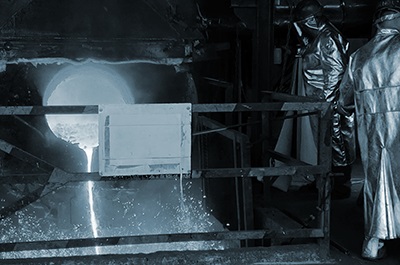
2sDR is an ongoing project funded by EIT Raw Materials, whose objective is the development and the technology transfer of a new two-step dust recycling process for EAF dust. Galvanization is the process used to protect steel products against corrosion. When the lifetime of these galvanized products reaches the end, they make their way back to the steel mill. The most common recycling process, which can recycle up to 100% of the steel scrap, is melting through an Electric Arc Furnace (EAF). Within this process, roughly 20 kg of zinc-containing dust is produced per ton of steel, ending up in 1.3 million tons of so-called EAF dust per year in Europe. At present, only about half of this amount is treated in huge specialised facilities, recovering only zinc. The novel ‘2sDR’ (two-step dust recycling) process is the first zero-waste technology for zinc recycling. It offers a flexible, environmentally friendly, and effective solution for steel mills to recycle the EAF dust, avoiding additional transport or disposal costs.
It is a two-step process and implements two different metallurgical technologies. Firstly, the material is clinkered in a short rotary kiln to remove all harmful elements. Secondly, it is carbo-thermal reduced in an Electric Arc Furnace. Zinc is extracted via the off-gas as an oxide, sold again as raw material. Meanwhile, the iron is exctracted as cast iron, reusable in metallurgy. Furthermore, the residual slag is reusable for construction purposes.
During the project duration, scientists will upscale this process to semi-industrial size, proving its technological and financial viability. Based on the outcome of this project, the technology will get into the market, and Austria will erect the first recycling plant using the proposed ‘2sDR’technology.
Coordinated by the Montan University of Leoben, the project involves several partners, including PoliMi, Slovenian National Building and Civil Engineering Institute (ZAG), Primetals, ARP, and MarienHütte steelwork. Officially started on the 1st of January 2020, the project duration is two years and will end in December 2021.
